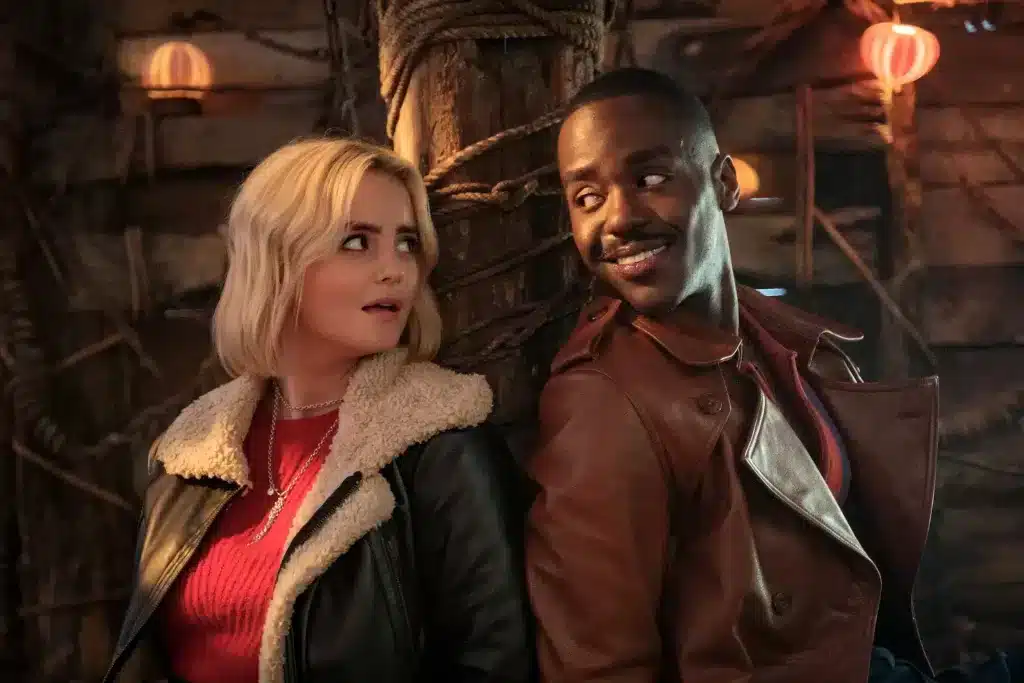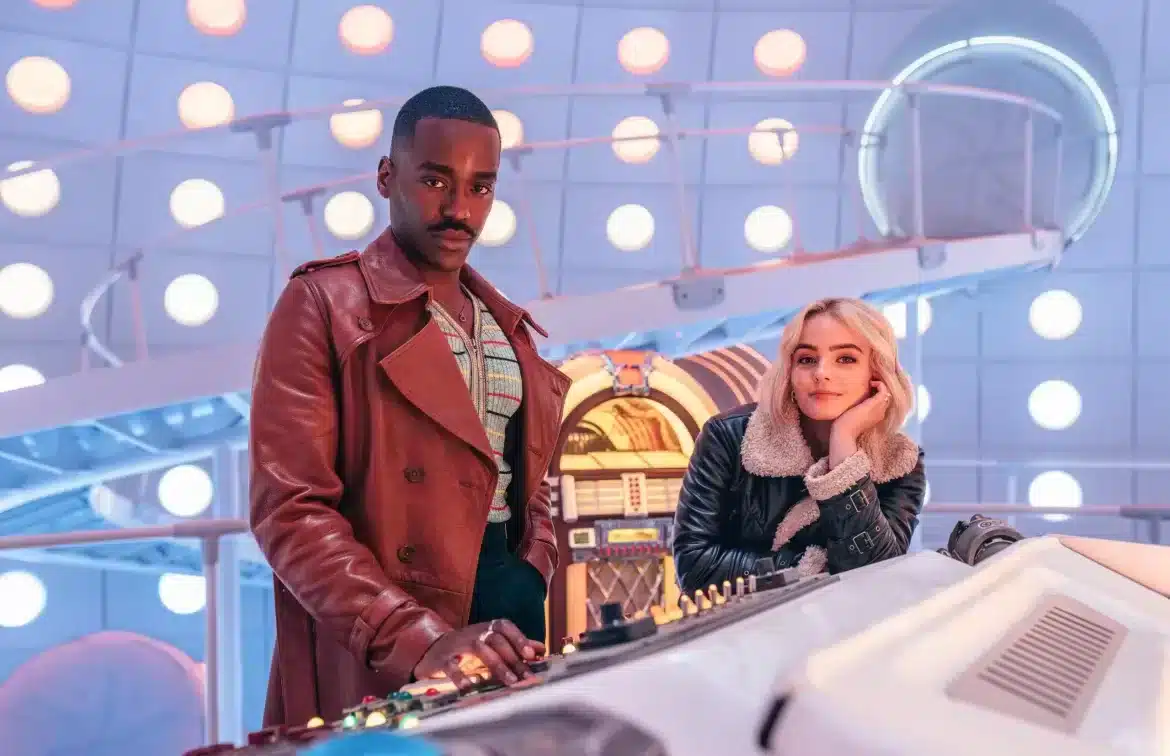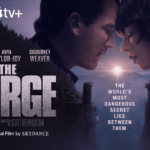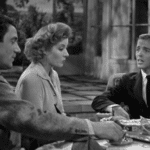Doctor Who has had a lot of lives—both the character and the show itself. Thankfully as fans well know this is a feature, not a bug, that each new Doctor offers an opportunity for change, whether it’s a shift in face, companion, or, more recently, gender, race, and ethnicity. Though it took longer than expected for such a progressive series to embrace these latter changes, it finally did with Jodie Whittaker’s groundbreaking portrayal of the Doctor, followed by Ncuti Gatwa’s vibrant introduction.
As a long-time fan, I was particularly excited to see Jodie Whittaker take on the role, and I found her tenure quite delightful. The companions that joined her added depth, and the episodes, though sometimes a bit more overt in their messaging than in the past, remained distinctly Doctor Who—full of the chaos, fun, and whimsy that fans love. Whittaker embodied the Doctor with a sense of adventure and compassion, and her run stands out as a strong chapter in the show’s history.
When Whittaker’s time came to an end, I knew the next Doctor had big shoes to fill. Enter Ncuti Gatwa, a casting choice that felt perfect from the jump. His energy is infectious, and he’s somehow managed to take a show that was already performing well and crank it up to 11. From his charm to his magnetic presence, Gatwa has breathed fresh life into Doctor Who. The show seems to understand this too, embracing both his exuberance and the queerness of the Doctor that hasn’t been as pronounced since the days of Jack Harkness in Doctor Who and Torchwood.

Doctor Who – Christmas 2023 – Picture Shows: The Doctor (Ncuti Gatwa) and Ruby Sunday (Millie Gibson) (Lara Cornell/Bad Wolf/BBC Studios)
Gatwa’s tenure has already given us some standout moments. Neil Patrick Harris as the Toymaker, dancing to “Spice Up Your Life,” was a memorable and joyful highlight. Jinkx Monsoon’s strange, delightfully Ursula-like portrayal of the Maestro, and the beautiful, intimate scenes between the Doctor and Jonathan Groff’s Rogue, all added to the unique flavor of this season.
For long-time fans, there were plenty of nods to classic Doctor Who. Episodes like “73 Yards” felt reminiscent of earlier eras, combining that perfect blend of suspense and heart. “Dot and Bubble,” with its Black Mirror-esque critique of our obsession with technology, also had echoes of the socially-conscious storytelling seen during Eccleston’s and Tennant’s time. And Ruby Sunday, the companion at the center of this season, brought both a fresh perspective and a storyline that harkened back to the kind of character arcs that have made companions so beloved over the years.
Ultimately Doctor Who Season 14 masterfully blends what fans love about the series with the new energy of Gatwa’s Doctor. It will, as always, be bittersweet to move on from companions and side characters, but I’m excited to see where the show takes us next with Gatwa at the helm. There’s still so much more to explore, and I’m confident his Doctor will continue to shine.









